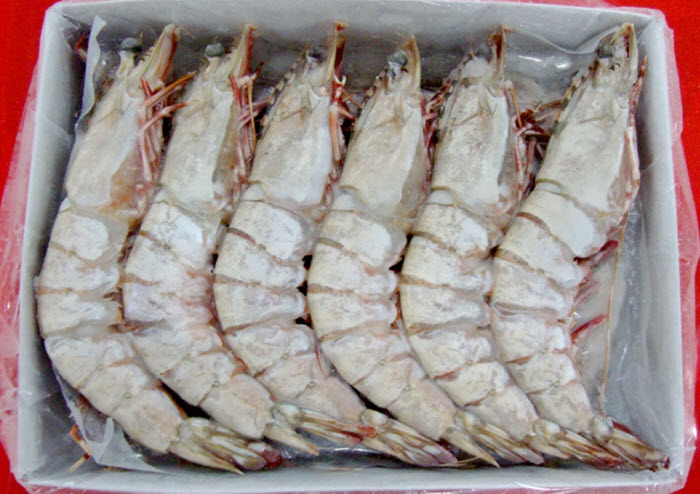Since the country has not made enough efforts to eradicate illegal fishing, the European Union sanctioned it with a yellow card, a warning that precedes the red card, which if applied would prohibit the entry of Panamanian fishery products into Europe.
After the corresponding audits were carried out, the sanction to Panama dated December 16, 2019 was issued by the Directorate General of Maritime Affairs and Fisheries of the European Union (DG Mare).
The sanction was seen coming, since on December 11 DG Mare reported that the European Commission had notified the Republic of Panama about the risk of being identified as a country that does not cooperate in the fight against illegal, unreported and unregulated fishing.
You may be interested in “Price of fish preparations up 38%”
Flor Torrijos, general administrator of the Panama Aquatic Resources Authority (ARAP), told Prensa.com that “… in the last five months Panama has made adjustments, so they will request a new audit from DG Mare before the end of the first half of 2020. Panama has a firm commitment to combat illegal, unreported and unregulated fishing.”
Arnulfo Franco, executive director of the International Fisheries Foundation (Fipesca), explained that “… By failing to comply with the parameters of the European Union are at risk exports of shellfish to this destination.”
